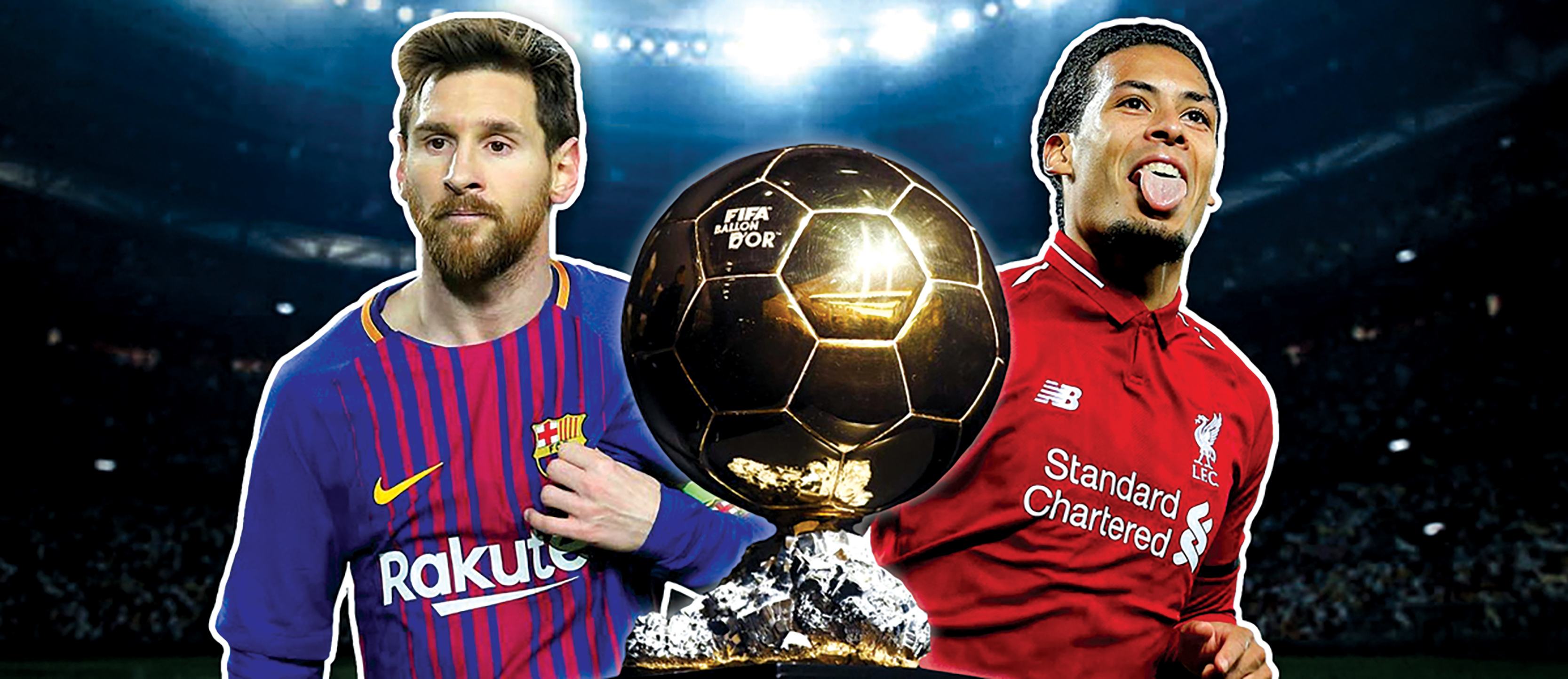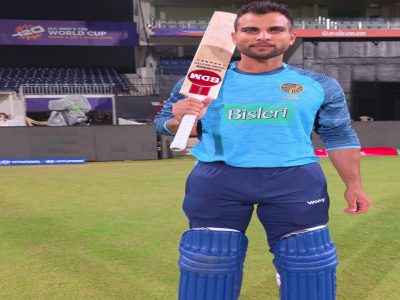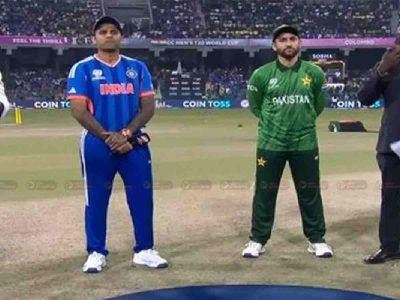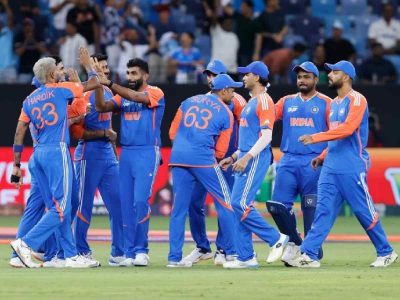Defenders are an unsung breed, and over the years, the Golden Ball has become an attacker’s award
With the annual footballing season having come to an official end, it’s that time of the year when football pundits, ex-legends, and novices—like me—will endlessly debate the rightful winner of the sport’s highest individual award, i.e. the FIFA Ballon d’Or.
Year after year, the editorial team of France Football shortlists 23 names for the prestigious “Golden Ball” award. It is given to an exemplary player “without distinction of championship or nationality…according to on-field performance and overall behaviour on and off the pitch.” However, between 2008 and 2017, the award shuffled solely between Cristiano Ronaldo and Lionel Messi—although contenders like Harry Kane and Mohammed Salah definitely left a lasting impression on the minds of global footballing fans. In 2018, Croatian and Real Madrid midfielder Luka Modric broke the spell and was awarded the Ballon d’Or for his astute performance at both the national and club stages. Legends like Kaká, Zinedine Zidane, Ronaldinho Gaucho, and Luís Figo have been previously felicitated with this award as well.
What is the one common trait that all the above-named players share? It’s their attacking mentality. All these players are either midfielders or strikers. Like it or not guys, the Ballon d’Or has, over the years, become an attacker’s award—which is why Liverpool’s Virgil van Dijk is unlikely to win it this year.
The Dutch centre-back has had nothing short of a miraculous season—and you don’t need to look any further than his season’s statistics to realise that. He’s been solid on all fronts—domestically, in Europe, and even internationally. With him spearheading the defence, Liverpool came in a close second behind Manchester City FC in the English Premier League this season but went on to win the UEFA Champions League magnanimously. His role was also crucial in the Netherlands making it to the finals of the UEFA Nations League, where they ultimately lost to Portugal, but with their heads held high.
It’s been literally impossible to dribble past van Dijk this season. His precision tackling, composed mentality, and strong physical presence have left many nimble-footed attackers looking over their shoulder for the ball. He has played a whopping 119 matches for Liverpool in the English Premier League this year, won 64 games with them and scored eight goals. Under his leadership, the Liverpool back line has managed to keep a total of 45 clean sheets.
But this is just the tip of the iceberg.
Defensively, his statistics are off the charts. His tackle success rate is at 73 per cent (161 tackles), he has made 22 blocked shots, and a total of 237 interceptions and 758 clearances—out which 445 are defensive headers. He has also made a total of 605 recoveries, won 840 duels (lost 311) as well as 581 aerial battles (lost 204). Last but not least, van Dijk has not scored a single goal in the Premier League all season—and has made only one “error leading to a goal”.
Although he has already bagged the “Player of the Year” award, the Ballon d’Or is a completely different ball game.
In its 63-year-history, only three defenders have ever managed to win the Golden Ball. They are Franz Beckenbauer, Matthias Sammer, and Fabio Cannavaro. Beckenbauer himself is the only defender in the world to have ever won the award twice (1972, 1976). Cannavaro was the last defender to have won it more than a decade back in 2006. And Lev Yashin is the sole goalkeeper to have ever taken home the award even further back in 1963.
This in itself shows the decline in importance given to defensive players when it comes to receiving the Ballon d’Or. After all, the likes of Cristiano Ronaldo, Lionel Messi and Eden Hazard evoke fireworks with their nimble-footed trickery, leaving fans—and opposition defenders—in awe. The likes of them also drive up ticket prices, sell merchandise and sportswear like hotcakes, and are often seen in top-tier commercials.
But while such attacking players see much more of the ball in the 90-minute play time since they are “fed” by the playmakers of their respective teams, defensive players comparatively see much less of it. They have to make split-second decisions—without the ball at their feet—and work tirelessly from the shadows. One wrong move, decision, or turn, could inevitably tip the scales against their team, the weight of which would be on their shoulders.
The global footballing audience is also to blame for not giving respect where due, and for endorsing this celebrity nature of football. High-paced possession style and counter-attacking football is what the fans want—and this is leading to a steady but solid increase in the belief that the more goals you score and the more nutmegs you nail, the closer you are to being “the best footballer in the world”.
Both, Ronaldo and Messi camps could—on a very drunken and at a very dingy bar—agree that their respective arch-rival was the better of the two, but for either camp to sit back and see the award being handed to a defender when their heroes had scored 30 goals a piece—now that’s way outside the realm of probability.
Fox Sports recently published a compilation of picks made by players and coaches themselves, about who they think is most likely to take home the Ballon d’Or this year. According to the article, van Dijk is the “bookies favourite” to win the award this year, following his Champions League triumph with Liverpool. But he backed Messi for the award in his post-match interview after the final in Madrid.
“I think Messi is the best player in the world. He should win the Ballon d’Or,” said van Dijk. “So I’m not thinking of that. But if I win, I’ll take it. Messi should win it though. He is the best in the world, whether he’s in the final or not.”
Thus, it can be fairly summarised that there’s no country for clean sheets anymore in football. UEFA might want to take a long and hard look at their selection and nomination criteria, but as for now, all eyes remain on whether van Dijk can go on to become the first defender since 2006 to achieve Ballon d’Or glory. However, given Lionel Messi’s total of a staggering 53 goals scored in all tournaments, I’d say it’s slim pickings for the Dutchman.
www.newslaundry.com





